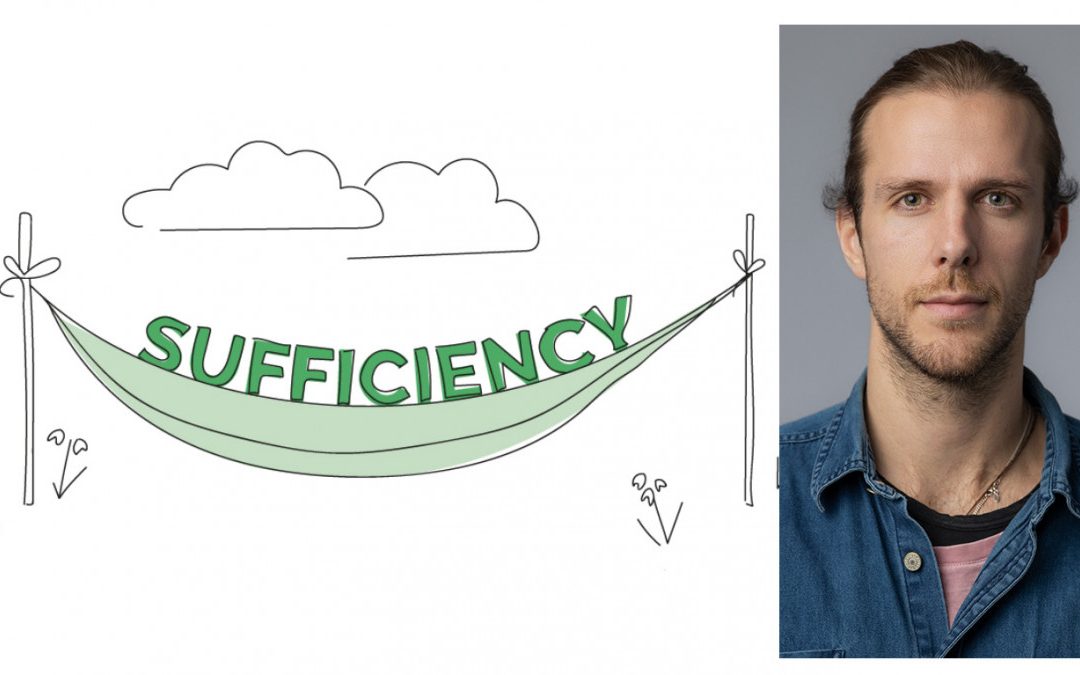IMAGE: Hampus André, researcher at KTH
Despite research clearly indicating that sufficiency measures are required to address the environmental challenges we face, today’s life cycle analyses are not designed to measure them. However, a new article now demonstrates how this can be achieved.
Life cycle analysis (LCA) is a method for assessing the total environmental impact of a product or service throughout its life cycle, from cradle to grave. LCA often includes environmental impacts from resource extraction, production, transportation, use, and end-of-life options such as recycling or disposal. Traditional LCA compares the environmental impact of alternative products and services with the same functionality. This implies that LCA can assess efficiency, that is, whether strategies reduce environmental impact per functionality or consumption level.
Sufficiency is needed
The concept of “sufficiency” instead focuses on reducing environmental impact through reduced consumption. Research increasingly shows that sufficiency measures are needed to achieve environmental goals.
– This implies that there is a great need to develop a type of LCA that can analyze sufficiency-based measures, such as ‘settling’ for less, since this is not possible in traditional LCA” says researcher Hampus André, who wrote the article.
An unexplored area
When Hampus André searched the scientific literature to write his article, he found only two articles that analyzed sufficiency measures in relation to LCA.
– I think the primary reason for the lack of research in the field is because, in LCA, it is only allowed to compare environmental impacts related to a certain level of functionality or consumption. It is not accepted yet to compare a higher level of consumption or functionality to a lower level, says Hampus André.
ARTICLE
Read the entire article in Frontiers in Sustainability here.
CONTACT
Hampus André, Researcher, Department of Sustainable Development, Environmental Sciences and Engineering (SEED)
hamand@kth.se
+46 8 790 79 67
